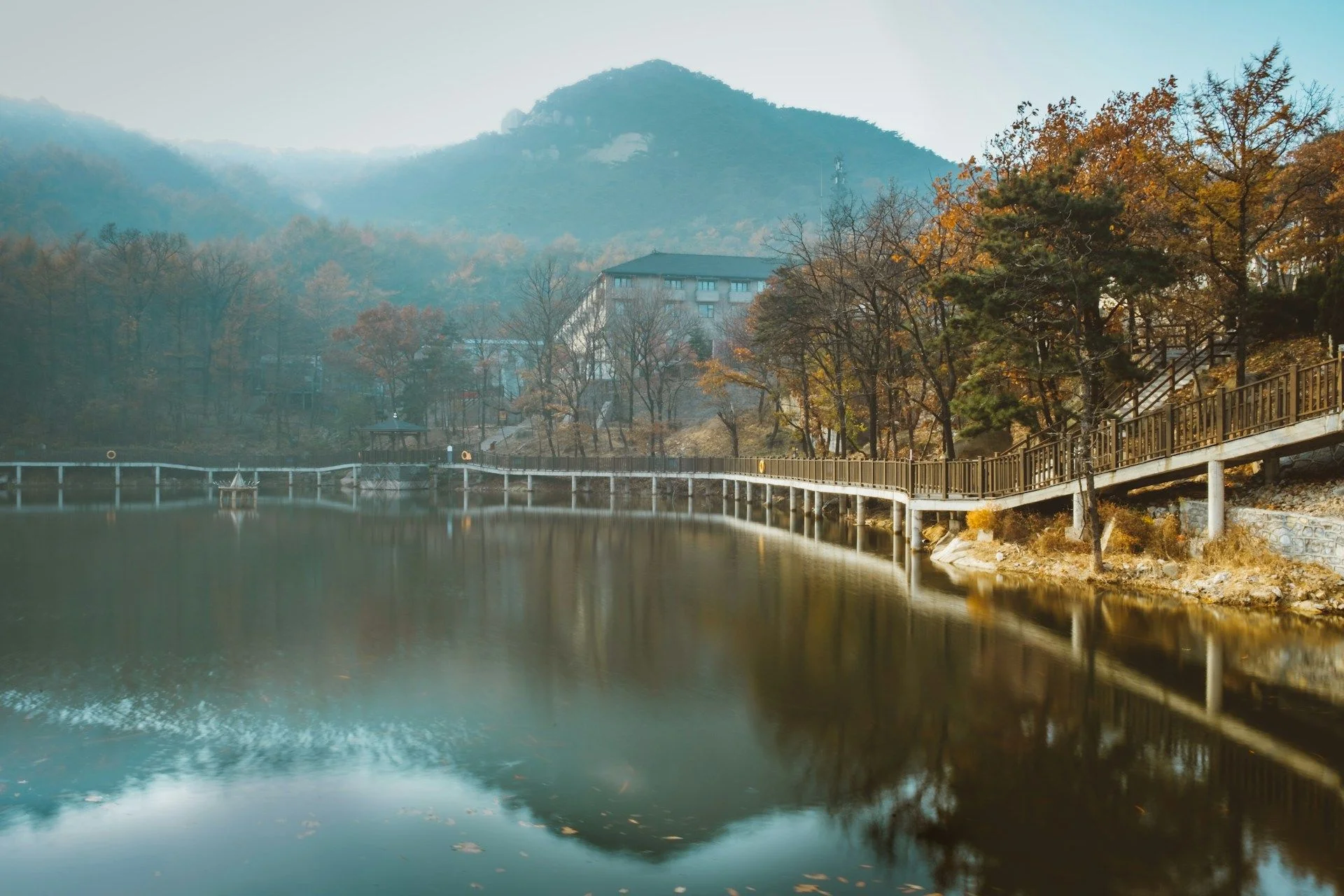Direct Owner Secondary Real Estate Listings in LinyiSimple comforts incity of movement

Best offers
in Linyi
Benefits of investment in
China real estate
Global attention on tier-1 cities
Beijing, Shanghai, and Shenzhen remain magnets for innovation, growth, and high-value real estate.
Continuous infrastructure development
Smart city projects and urban upgrades boost long-term value across key zones.
Premium properties with strategic access
Opportunities in business districts offer ownership formats tailored to international investors.
Global attention on tier-1 cities
Beijing, Shanghai, and Shenzhen remain magnets for innovation, growth, and high-value real estate.
Continuous infrastructure development
Smart city projects and urban upgrades boost long-term value across key zones.
Premium properties with strategic access
Opportunities in business districts offer ownership formats tailored to international investors.

Useful articles
and recommendations from experts
Why Secondary Real Estate in Linyi Offers a High-Growth Opportunity
Linyi, Shandong Province’s burgeoning commercial hub, is drawing attention from English-speaking investors seeking value and growth potential in China’s robust secondary markets. Secondary real estate in Linyi—including resale high-rise apartments in the CBD, converted villa communities in Lanshan District, and mid-rise blocks near the newly expanded Yiwu-Linyi logistics corridor—trades at a 15–25% discount to equivalent developments in larger coastal cities. With clear title transfers under China’s property-rights framework, moderate transaction costs, and yields supported by regional trade, education, and healthcare demand, Linyi’s resale market delivers both lifestyle convenience and attractive returns.
Core Districts and Rental Demand Drivers
Lanshan District, the municipal seat, hosts the bulk of Linyi’s secondary apartments. Resale towers completed between 2010 and 2018—often fully furnished and featuring amenities like fitness centers and covered parking—yield 4–5% gross to long-term tenants: managers at logistics firms, university faculty at Linyi University, and government employees. Value-add investors frequently negotiate renovation credits to modernize lobbies and upgrade HVAC systems, boosting achievable rents by up to 20%.
East of the city center, the Yanzhou Port–Linyi Rail Corridor has spawned resale villa enclaves and townhouses north of the Yi River. These gated communities—originally built for corporate executives—trade at 15% discounts to off-plan equivalents yet yield 5–6% to expatriate and domestic families drawn by proximity to the expanding freight hub. Proximity to the new high-speed rail station (linking Linyi West to Qingdao and Beijing) underpins occupancy above 90%.
Emerging pockets such as Hedong New Town feature mid-rise condominium blocks near the Linyi Maternal and Child Health Hospital and Linyi People’s Hospital. Resale flats here attract medical professionals and visiting scholars, yielding 5–7% gross. Short-stay serviced apartments in renovated walk-ups near the hospital campuses can command seasonal yields of 8–9% during peak conference and training seasons.
Legal, Tax, and Financing Essentials for Non-Resident Buyers
Acquiring secondary real estate in Linyi follows China’s standardized property-rights protocols: eligibility via valid work or residence permit, followed by title registration at the Linyi Real Estate Registration Center. Typical transaction costs include:
- Deed Tax: 3% of the lower of contract price or assessed value for resales.
- Stamp Duty: Minimal (¥100–¥200) on sales contracts.
- Registration Fees: ¥80–200 per unit.
Total closing costs remain under 4% of sale price. Monthly maintenance fees average ¥1.5–3.0 per m², covering building services and communal-area upkeep. No ongoing annual property tax is levied beyond the one-time deed tax.
Key considerations for non-resident buyers:
- Purchase Quota: One property per residence permit holder, with potential for additional investments under local industrial promotion policies.
- Financing: Mortgages up to 70% LTV from local banks (Bank of China, China Construction Bank) at floating rates near 4.5–5.5% APR, often supplemented by home-country bridge loans to hedge RMB exposure.
- Due Diligence: Engage a Linyi-licensed attorney to verify clear title, inspect building compliance with seismic and flood-control standards, and confirm homeowners’-association reserve levels.
Linyi’s transport and infrastructure upgrades cement its secondary-market appeal. The operational high-speed rail link (Linyi West Station) and planned light-rail extensions drive 6–8% resale premiums for properties within 500 meters of stations. Expanded bus rapid-transit corridors and improved arterial roads—especially the Linyi–Laiwu Expressway—reduce commute times and enhance connectivity to neighboring prefectures, boosting demand in resale pockets across Lanshan, Hedong, and Yanzhou.
Tenant demand in Linyi spans multiple segments: corporate housing for logistics and manufacturing managers, academic leases for university staff, and short-stay medical rentals near hospital clusters. Professional property managers in Linyi coordinate all aspects of tenant sourcing, rent collection, and maintenance, enabling overseas owners to enjoy passive-income streams with transparent monthly reporting.
Emerging micro-niches include converting older walk-up buildings in People’s Park neighborhood into boutique guesthouses leveraging the adjacent historic park, commanding nightly yields of 8–10%. Similarly, early resale buyers in International Trade Park complexes—near the Liaocheng-Linyi trade zone—can introduce coworking and flex-office amenities to attract visiting trade delegations, achieving blended yields of 7–9%. By understanding Linyi’s neighborhood nuances, leveraging infrastructure rollouts, and ensuring diligent due diligence, global investors can secure both lifestyle benefits and robust returns through secondary real estate in this rising Shandong hub.
